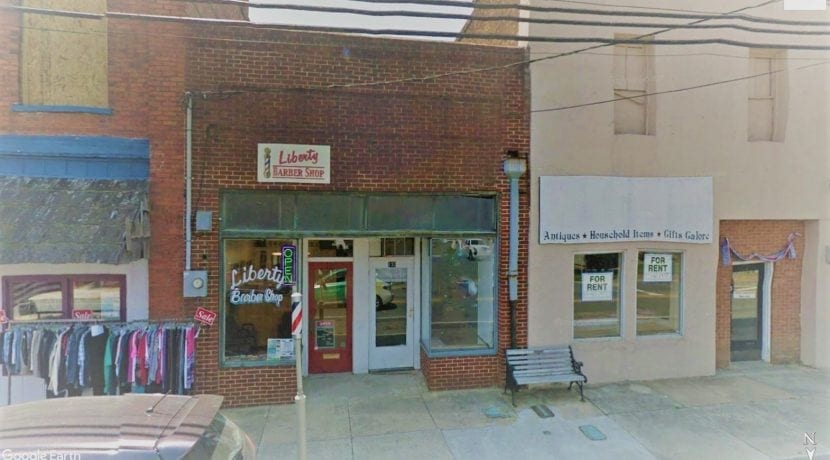Before signing a commercial lease for whether it be for a warehouse space for rent, office space, or any retail or shopping location, it is vital to understanding the meaning and usage of several terms include on the lease.There are numerous types of leases and abbreviations that could be written within the lease and should be brought within conversation if there is any confusion within context of the lease. Here are some of the common terms that our tenants within our property management firm have found worthwhile to understand further:
Payment Responsibility
Single Net Lease, Net Lease:
Tenant Pays: Utilities and Property Tax
Landlord Pays: Maintenance, Repairs, and Insurance
Net-Net, or Double Net Leases:
Tenant Pays: Utilities, Property Tax, and Insurance Premiums
Landlord Pays: Maintenance and Repairs
Triple Net Leases:
Tenant Pays: All costs of the building
Landlord Pays: Structural Repairs
Full Service Gross, or Modified Gross Lease:
Tenant and Landlord Pays: Operations expenses and structural repairs are split between landlord and tenant called “base rent”. This structure is most common for multi-tenant spaces.
Parties Clause
Lessor and Lessee: This is another term used to identify what is most commonly known as the “Landlord and Tenant”.
Important Note: If you are signing a lease as a corporation or an LLC, in order to avoid any personal responsibility under the lease, you must ensure that you list the legal corporate name. For example: “Smith Investments, LLC”.
Premises Clause
Premise: This identifies the location that will be rented or leased with a street address and any other lots or outbuildings that come with it.
Important Note: Any extraneous spaces that are included with the space should be included as well. In particular, whether you will have access to parking, facilities, and storage rooms.
Usage
Use Clause: The use clause defines what business will be conduct in the given space for rent and if there are any limitations in place. Landlords can impose restrictions based on non-compete, liability, and personal aversion to business activities. Strict limitations will want to be avoided, but it is rare that this clause is not included on the lease.
Length of the Lease
Term: This portion of the lease defines that starting and ending date of occupation of the rental space. Although it seems like a simple concept, this should be evaluated closely. In business context, if the day you signed the lease is your first day of occupation, you just lost a whole day of business and you will responsible for those costs. Many times in this section of the lease, it will included multiple “start” dates including when you permitted to enter the premise, when rent is expected, when insurance should start, and so on.
Security Deposits
Letter of Credit: In any case, a landlord will ask for a security deposit, whether it be a couple months of rent or a set monetary amount that they feel will cover any missed obligations, such as rent, are covered. Or, they could ask for a “Letter of Credit”. This is a letter from your bank that states the bank will put aside an agreed upon amount of funds for the landlord to use should you not meet your financial obligations.
Maintenance
Maintenance Clause: This includes your responsibilities to care for the space. It is important to note that if you are in a multi-tenant, who is responsible for the “community space” and what duties you personally need to take care of.
Utilities: How the utilities will be billed and paid for. It is important to ensure it is defined clearly how this transaction will take place in a multi-tenant building.
Compliance: The landlord may expect you to keep the space “up to code” which often will not be clear in the lease, but can be discussed and researched further.
Insurance
Property and Liability Insurance: Coverage for if you are required to pay for damage done to the property and if someone is injured on site if you are found legally responsible.
Rental Interruption Insurance: Coverage if your business is unexpectedly interrupted. This would be pertinent for natural disasters.
Leasehold Insurance: This protects you if the lease is canceled from beyond your control and you have to move to another location at a higher rent.
Important Note: It may be important to contact an insurance broker to help choose the right level of coverage in reference to your lease, business, personal property, and space.
If you are interested in renting a commercial space, including warehouse rentals, retail spaces, and office locations, visit our listing of properties rentals here: https://www.schwarzproperties.net/property-type/commercial/.



